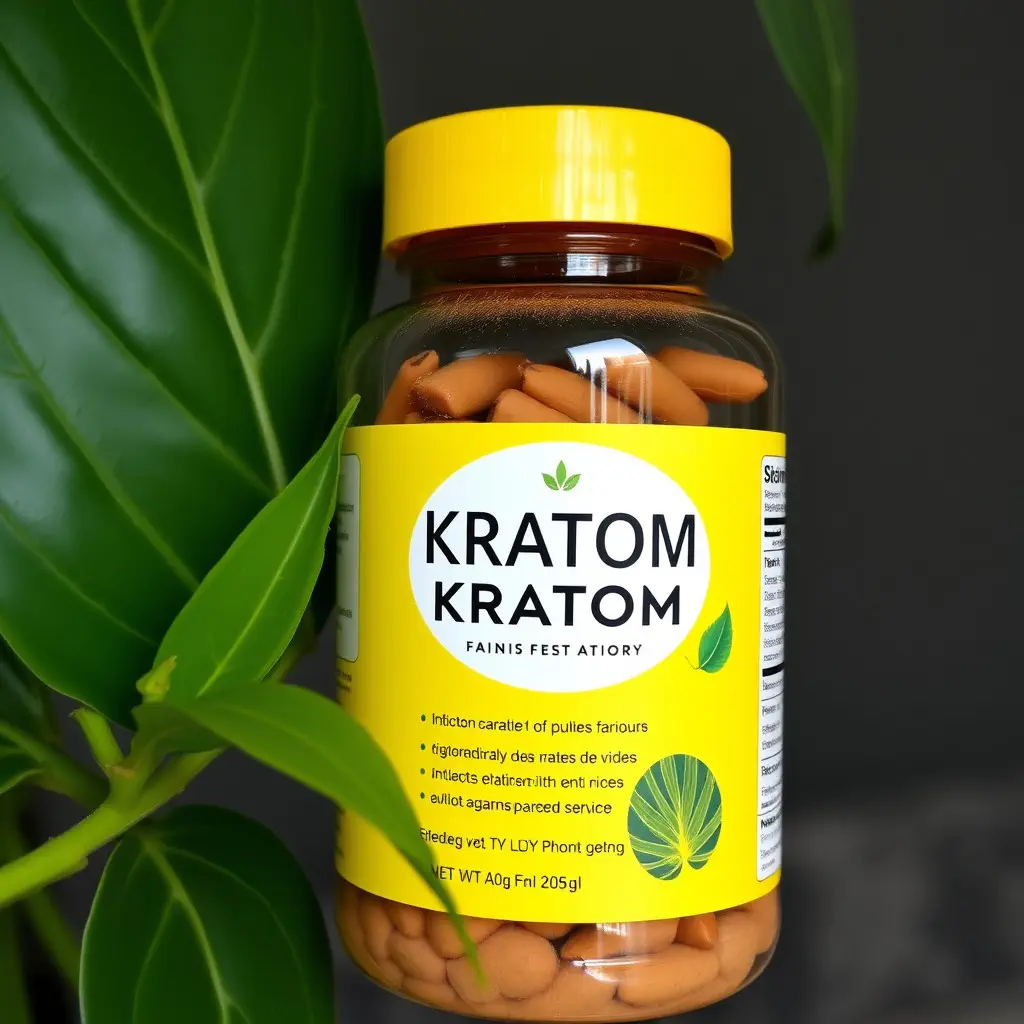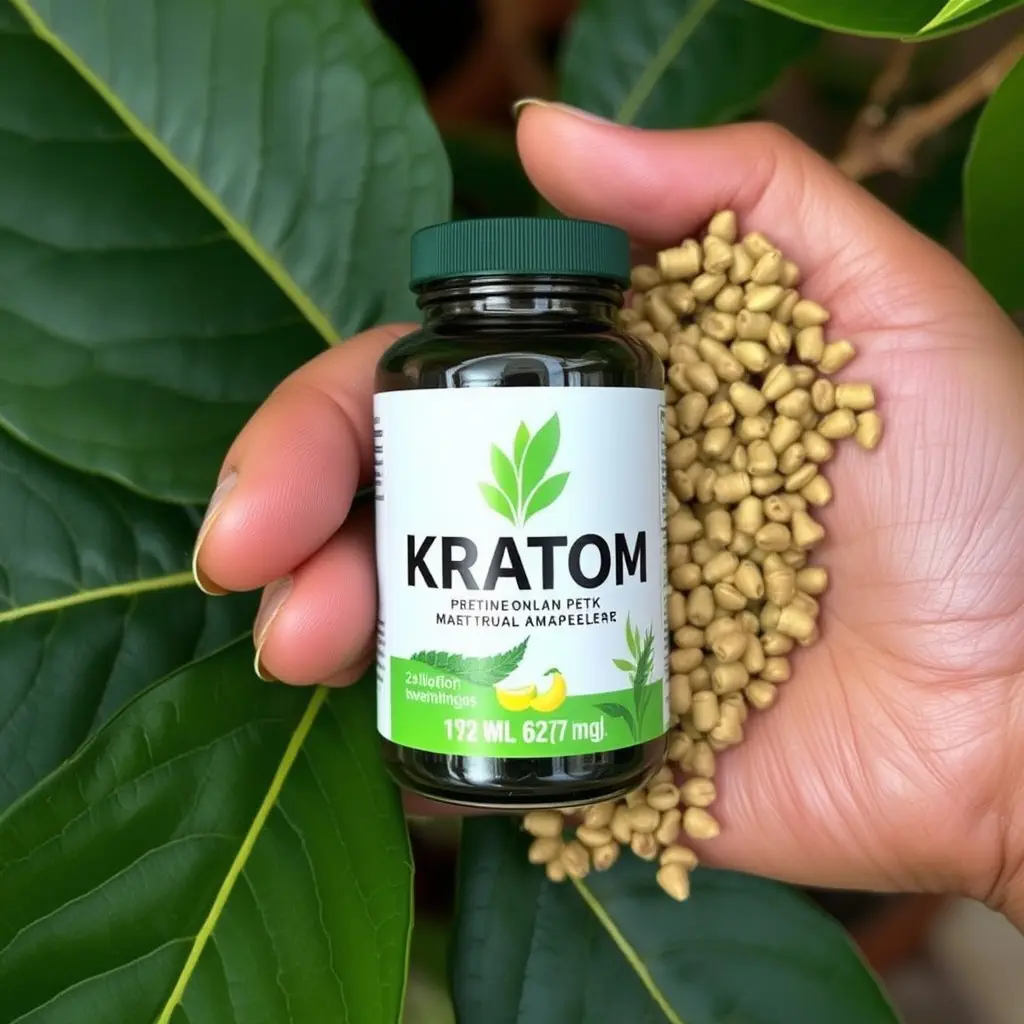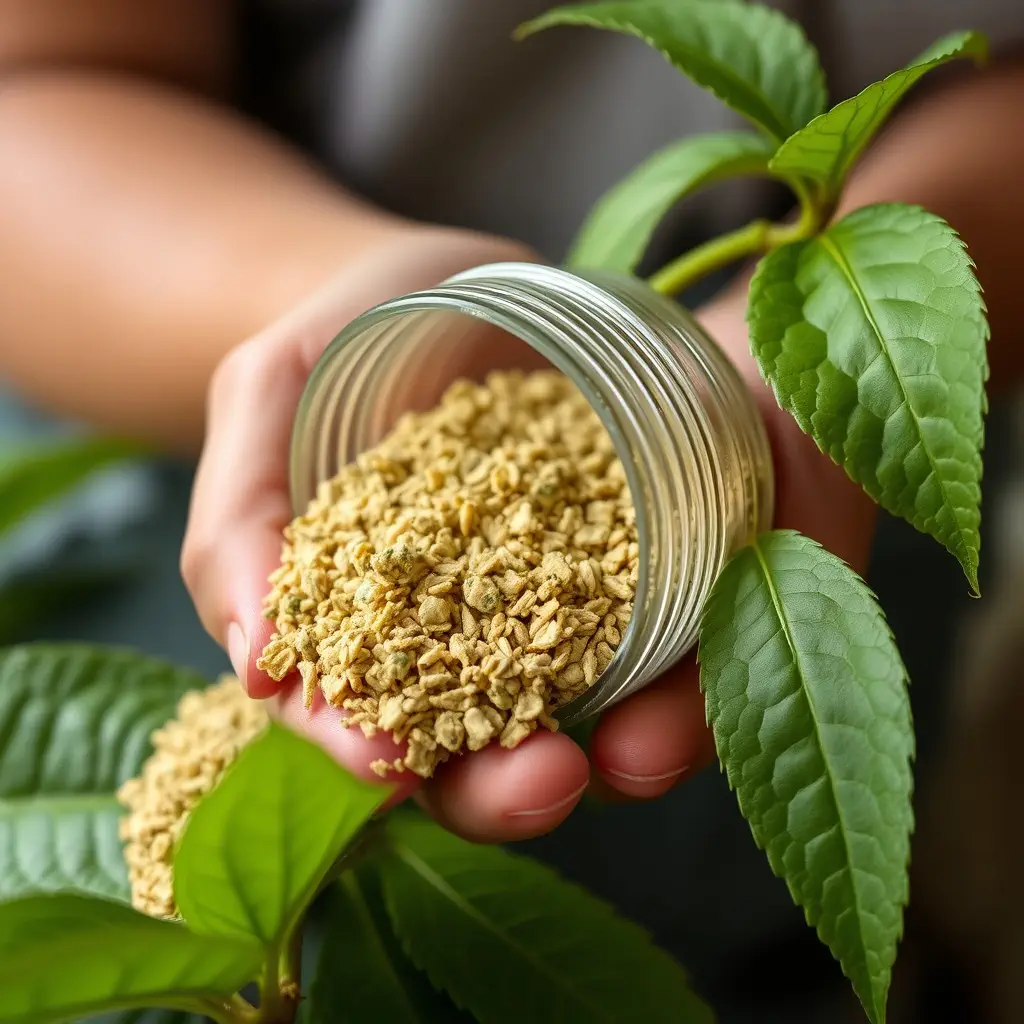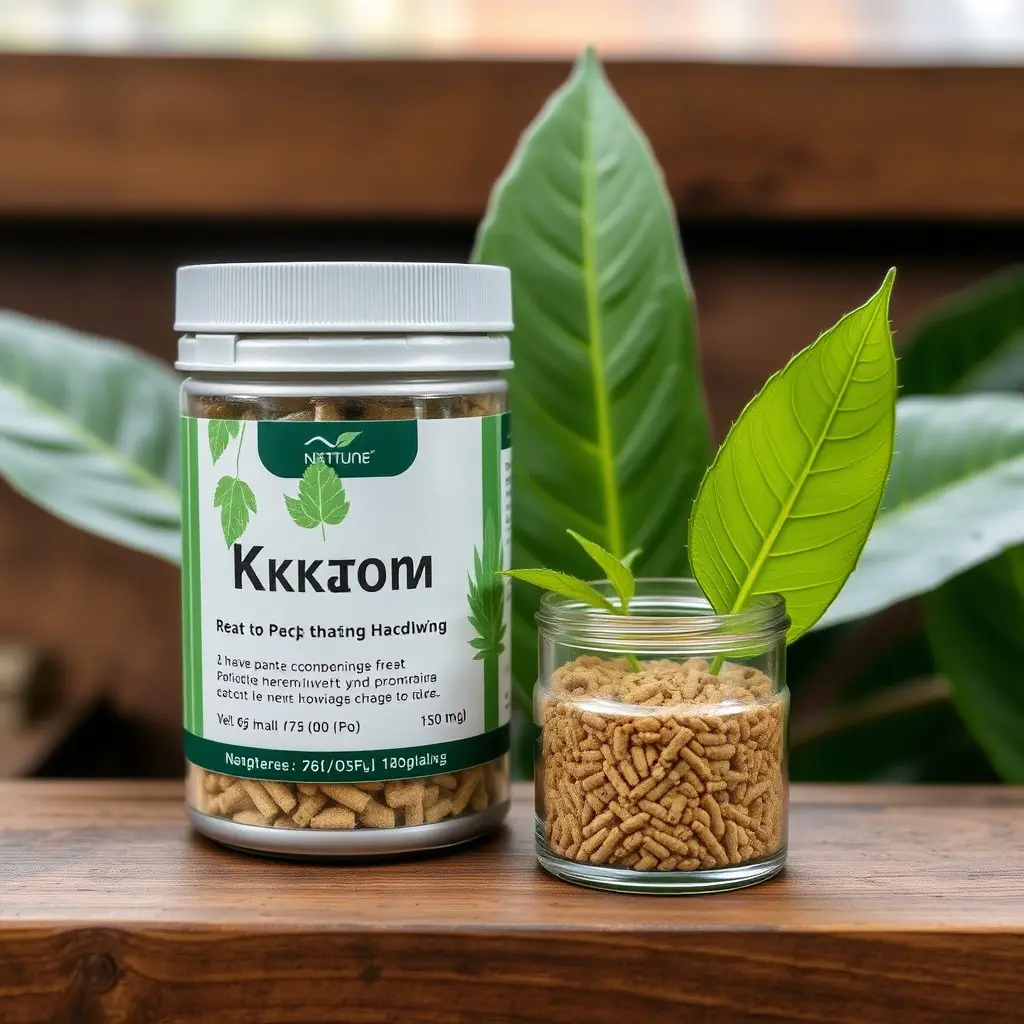As of the latest update, kratom derived from the Mitragyna speciosa tree remains a topic of regulatory scrutiny and its legality in New York State is subject to change. Currently, it's legal in New York but users must stay informed as its status can shift, potentially affecting its availability. Kratom contains compounds like mitragynine and 7-hydroxymitragynine that engage with brain receptors related to mood, and preclinical studies suggest it may offer anxiolytic effects. However, due to its psychoactive nature and the risk of abuse, federal and state authorities continue to monitor it. Users in New York should verify current laws before trying kratom, approach it with caution, and consult healthcare professionals to ensure safe and informed use. It's crucial to consider dosage individuality, potential interactions with other medications, and regular liver function monitoring. Kratom could be a component of stress and anxiety management when used responsibly under professional guidance, but its inconsistent legal status across the U.S., including in New York, requires users to remain vigilant and well-informed.
Exploring the potential of kratom as a natural aid for stress and anxiety relief, this article navigates its legal standing, scientific benefits, and safe usage practices. With a focus on New York’s regulations regarding kratom, we delve into how this botanical substance can be a valuable tool for managing anxiety. Understanding the nuances of kratom’s legality and efficacy is crucial for those seeking alternative methods to enhance their mental well-being. Join us as we unravel the science behind its anxiety-reducing properties and offer guidance on using kratom responsibly for stress management.
- Understanding Kratom's Legal Status and Its Role in Stress Management: Is Kratom Legal in New York?
- The Science Behind Kratom's Anxiety-Reducing Effects
- Safe Kratom Use for Anxiety Relief: Dosage, Sources, and Precautions
Understanding Kratom's Legal Status and Its Role in Stress Management: Is Kratom Legal in New York?

Mitigating stress and anxiety often involves a multifaceted approach, including lifestyle adjustments, therapy, and sometimes natural supplements like kratom. As interest in kratom’s potential benefits for stress management grows, it’s crucial to first understand its legal status. Kratom, derived from the leaves of the Mitragyna speciosa tree native to Southeast Asia, has been a subject of controversy and regulation across different states in the U.S. In New York, the legality of kratom is a point of attention for both enthusiasts and regulators. As of the latest updates, kratom remains legal within New York State boundaries; however, its status is under continuous review by federal and state authorities due to its psychoactive effects and potential for abuse. Users in New York interested in incorporating kratom into their stress management routine should stay informed about any legislative changes, as the legal landscape can shift, influencing accessibility and use. It’s important to approach kratom with caution, understanding that while it may offer benefits for some individuals, its effects can vary significantly from person to person. Always consult with healthcare professionals before making any changes to your stress management regimen, especially when considering the addition of substances like kratom. Keeping abreast of the evolving legal status of kratom in New York is a prudent step for anyone considering its use as part of their stress relief strategy.
The Science Behind Kratom's Anxiety-Reducing Effects

Mitragyna speciosa, commonly known as kratom, has garnered attention for its potential role in managing stress and anxiety. The effects of kratom are attributed to its active alkaloids, mitragynine and 7-hydroxymitragynine, which interact with the brain’s opioid receptors. These interactions can lead to a modulation of neurotransmitter systems, such as serotonin and dopamine, which are integral to mood regulation. Preclinical studies suggest that kratom may exert anxiolytic (anxiety-reducing) effects by influencing these neurotransmitters, thereby potentially alleviating symptoms of anxiety.
However, it is crucial for consumers to be aware of the legal status of kratom in their jurisdiction. As of the knowledge cutoff date in 2023, the legal status of kratom varies across different states and counties within the United States. For instance, in New York, the regulatory landscape has seen shifts; as such, it is essential for individuals to verify current local laws before considering its use. In the context of reducing stress and anxiety, users should approach kratom with caution, considering both its potential benefits and the need for further scientific research to fully understand its effects and safety profile.
Safe Kratom Use for Anxiety Relief: Dosage, Sources, and Precautions

When exploring natural remedies for anxiety, kratom has emerged as a notable option for some individuals. Kratom, derived from the leaves of the Mitragyna speciosa tree native to Southeast Asia, contains alkaloids that may interact with the brain’s receptors to produce effects that can help manage stress and anxiety. For those considering kratom for anxiety relief, it is crucial to understand safe use practices.
Firstly, when it comes to dosage, it’s not a one-size-fits-all solution; individual sensitivities vary greatly. A typical starting dose for anxiety might range from 1 to 3 grams of kratom powder, though some may require less or more. It’s important to begin with a lower dosage and gradually increase as needed, while closely monitoring one’s response. Additionally, the effects can last several hours, so it’s advisable to take the dose well before anticipated stress triggers to allow for optimal effect. As for sources, when kratom is legal in your region—such as New York, where its legal status is subject to specific alkaloid thresholds—it’s essential to procure kratom from reputable vendors. These suppliers typically offer third-party lab test results that ensure the product’s quality and purity, minimizing the risk of contamination or adulteration. Precautions must also be taken into account; users should be aware of potential interactions with prescription medications and should not use kratom as a primary treatment for anxiety without consulting a healthcare professional. Regular blood work is recommended to monitor liver health, given kratom’s impact on this organ system. With careful consideration of dosage, sourcing, and personal health history, kratom can be a valuable tool in some individuals’ regimen for managing stress and anxiety.
In conclusion, navigating the complexities of stress and anxiety can be challenging, yet understanding the role of kratom, particularly its legal status and scientifically-backed effects, is crucial for those seeking alternative methods for relaxation. For New York residents questioning “Is kratom legal in New York?” it’s important to stay informed on the current regulations, which vary across different regions within the state. By incorporating kratom into a responsible and well-informed routine, individuals may find effective relief from anxiety. It’s imperative to approach this method with caution, adhering to recommended dosages and sourcing high-quality products to ensure safety and efficacy. With the right guidance and due diligence, kratom can be a valuable tool in managing stress and promoting well-being, provided it aligns with one’s lifestyle and health goals.






